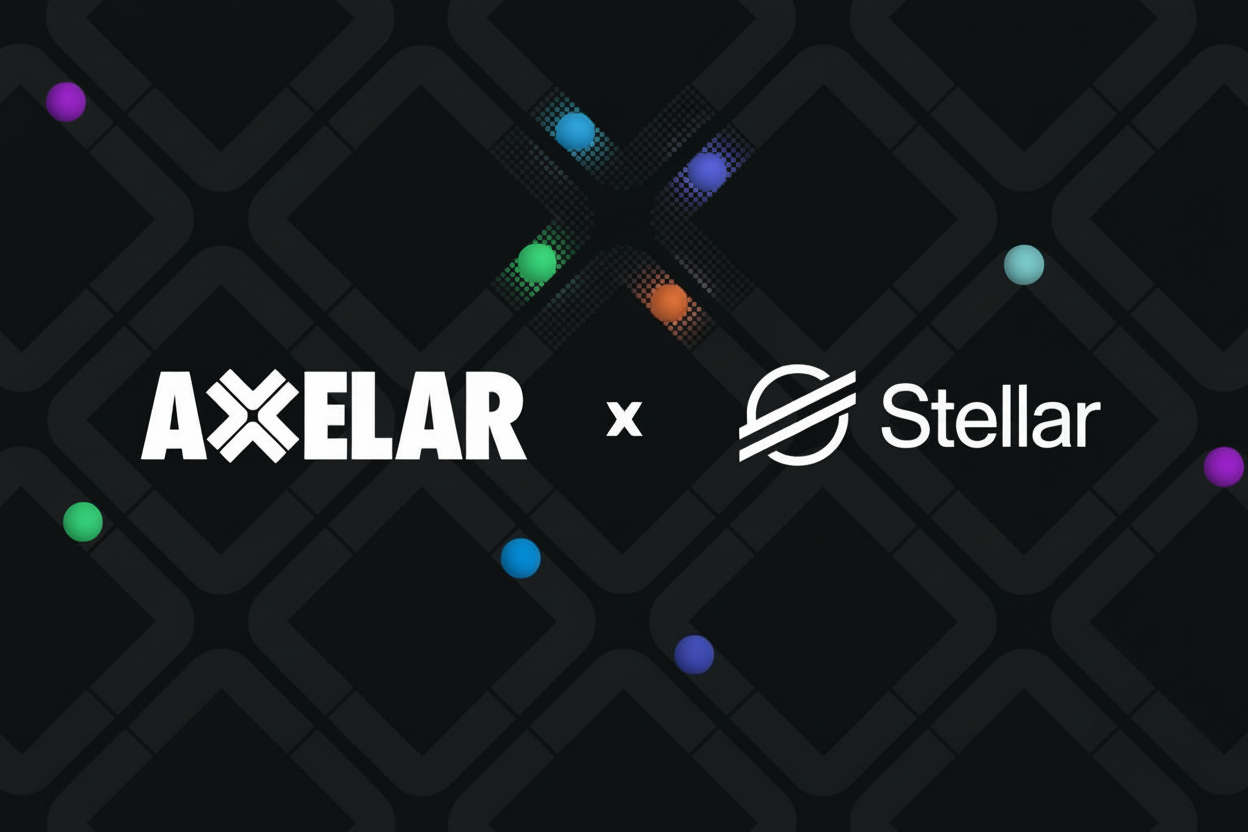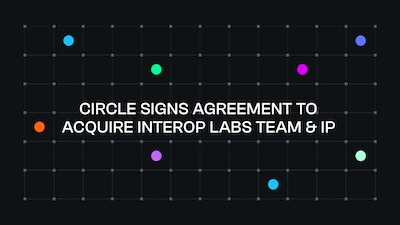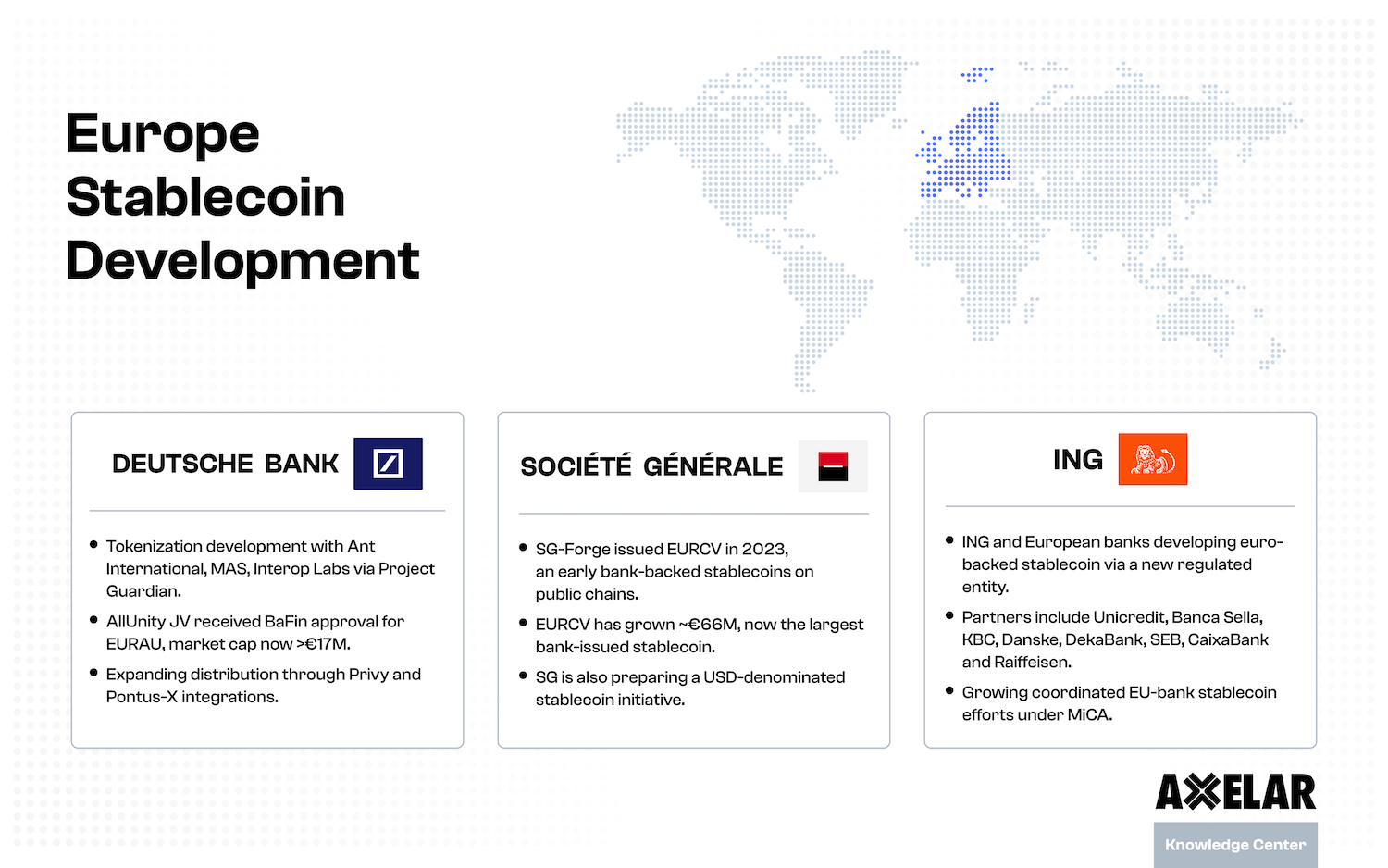Axelar Launches Interchain Token Service
Table of Contents


In the current blockchain ecosystem, each blockchain is an interoperable ecosystem, within which applications and digital assets can connect seamlessly. However, this interaction is confined to the respective ecosystem's boundaries.
When applications that rely on tokens want to interoperate across multiple blockchains, they often use bridges, which strip away fungibility and custom functionality. Some application developers have issued tokens on multiple chains, at great cost
Today, Axelar launches Interchain Token Service (ITS), a product suite that empowers Web3 application developers to issue Interchain Tokens that avoid these costs and limitations. Now, Web3 applications can overleap these barriers between blockchains and leaving behind these limitations. ITS allows tokens to extend their reach to new ecosystems with just a few clicks. This not only frees tokens from the restrictions of their original protocols but also paves the way for a unified blockchain ecosystem.
Consider a successful coffee chain like Starbucks. When Starbucks wants to reach new customers in a new country, it takes steps to ensure it can deliver a consistent cup of coffee, there. Now, there is a way for Web3 application developers to achieve the same level of consistency in their products.
ITS ensures the token's utility and fungibility, regardless of the blockchain it operates on. This facilitates an expanded user base and potential growth in liquidity and integrations, akin to a retail chain's expansion into new markets.
Tldr
- The development of Web3 technology faces a blockchain interoperability challenge. Applications that rely on digital tokens use bridges that strip away fungibility and functionality, or incur the heavy cost of deployment on multiple chains.
- Axelar's Interchain Token Service (ITS) is a product suite that supports issuing Interchain Tokens with the following features:
- Fungibility: Wrapped versions on connected chains are fungible with one another.
- Custom functionality: Custom tokens keep their features, cross-chain.
- Low overhead: Smart contracts and developer tools automate complex developer tasks.
- Interchain Tokens are backed by the cross-chain security guarantees of the Axelar network, the largest, dynamic set of validators running proof-of-stake consensus.
- Interchain Tokens interoperate with any EVM-compatible chain that is connected to the Axelar network.
- The use cases of Interchain Tokens are manifold, especially in the realm of DeFi. They can improve liquidity, simplify yield farming and staking, empower developers to build more versatile dApps, enable the creation of chain-agnostic wallets, and open up opportunities for cross-chain collateralization in DeFi applications.
- Sushi, a leading decentralized exchange (DEX) & automated market maker (AMM), is among the first deployment partners to embrace Interchain Tokens.
- Learn more: watch the trailer video and explore the Legend of Interchain.
Why Interchain Tokens?
In today's Web3, projects often reach product-market fit within a specific ecosystem, defined by a blockchain that supports a variety of applications. However, this confines them to the user base of that particular chain, limiting access to a mere fraction of the total addressable cryptocurrency market. They can deliver their product or service on other chains, but with limitations and risks.
Indeed, the process of bridging and sending tokens across chains has traditionally been fraught with difficulty. The same token, bridged to one chain, becomes nonfungible with its native token and with bridged representations of the same token on other chains. Many bridges incur substantial security risk.
Interchain Token Service presents developers and users with a more optimized approach. A suite of smart contracts and developer tools automate complex tasks of managing token deployments across multiple chains, removing developer overhead. The experience for users is seamless: tokens and applications are available across multiple Web3 ecosystems with the same functionality and guarantees provided on their native blockchain.
Interchain Tokens facilitate interoperability by allowing for seamless transfer of digital assets between different blockchains. To better understand this, consider the Ethereum standard, ERC-20. Tokens issued according to this standard interact seamlessly with any application on Ethereum. Interchain Tokens support the same level of interoperability across multiple blockchains.
Example use cases for Interchain Tokens
Sushi, a leading decentralized exchange (DEX) is one of the first application to employ Interchain Token Service. ITS will give SUSHI, its native token, seamless interoperability across multiple chains. To start, Interchain SUSHI tokens will be interoperable across Arbitrum, Ethereum, Optimism and Polygon. Sushi will manage its multichain deployments with minimal overhead, deploying and updating Interchain Tokens with a single click.
Interchain Tokens support a multitude of potential applications, particularly in the realm of decentralized finance, or DeFi. Utility of Interchain Tokens to users include:
New sources of liquidity
Interchain Tokens facilitate free movement of assets across multiple blockchains. By consolidating liquidity resources, a DeFi platform utilizing a centralized DAI trading vault, for example, benefits from larger position sizes across all trading pairs, reducing liquidity fragmentation and streamlining the trading process.
This improved liquidity enables users to trade seamlessly with various assets and respond swiftly to market fluctuations, and enhances the overall trading experience and market efficiency. SushiSwap, the popular multichain AMM, will be leveraging ITS to issue interchain $SUSHI tokens that are interoperable with each other. SushiSwap is also integrating Squid Router to support cross-chain swaps.
Simplified yield farming and staking
Yield farming and staking are popular ways to earn returns in DeFi. Interchain Tokens streamline these practices across multiple blockchains, enabling users to maximize returns without the complexities of understanding different networks.
Chain-agnostic wallets
The advent of Interchain Tokens may lead to the creation of chain-agnostic wallets. These wallets, which can consolidate a user's assets from multiple chains into a single view, could significantly simplify portfolio management.
Cross-chain collateralization
Interchain Tokens can be used as collateral in DeFi applications across various blockchains. This cross-chain collateralization opens up new lending and borrowing opportunities, leading to the creation of more diversified and robust financial instruments.
Conclusion
Interchain Token Service, driven by the vision of a more interconnected blockchain ecosystem, will become a major enabler of blockchain interoperability in Web3. This product suite opens up vast possibilities for the creation of multichain tokens and multichain applications, such as Sushi's native token, $SUSHI.
Developers and users, learn more about Interchain Tokens: watch the trailer video and explore the Legend of Interchain.


